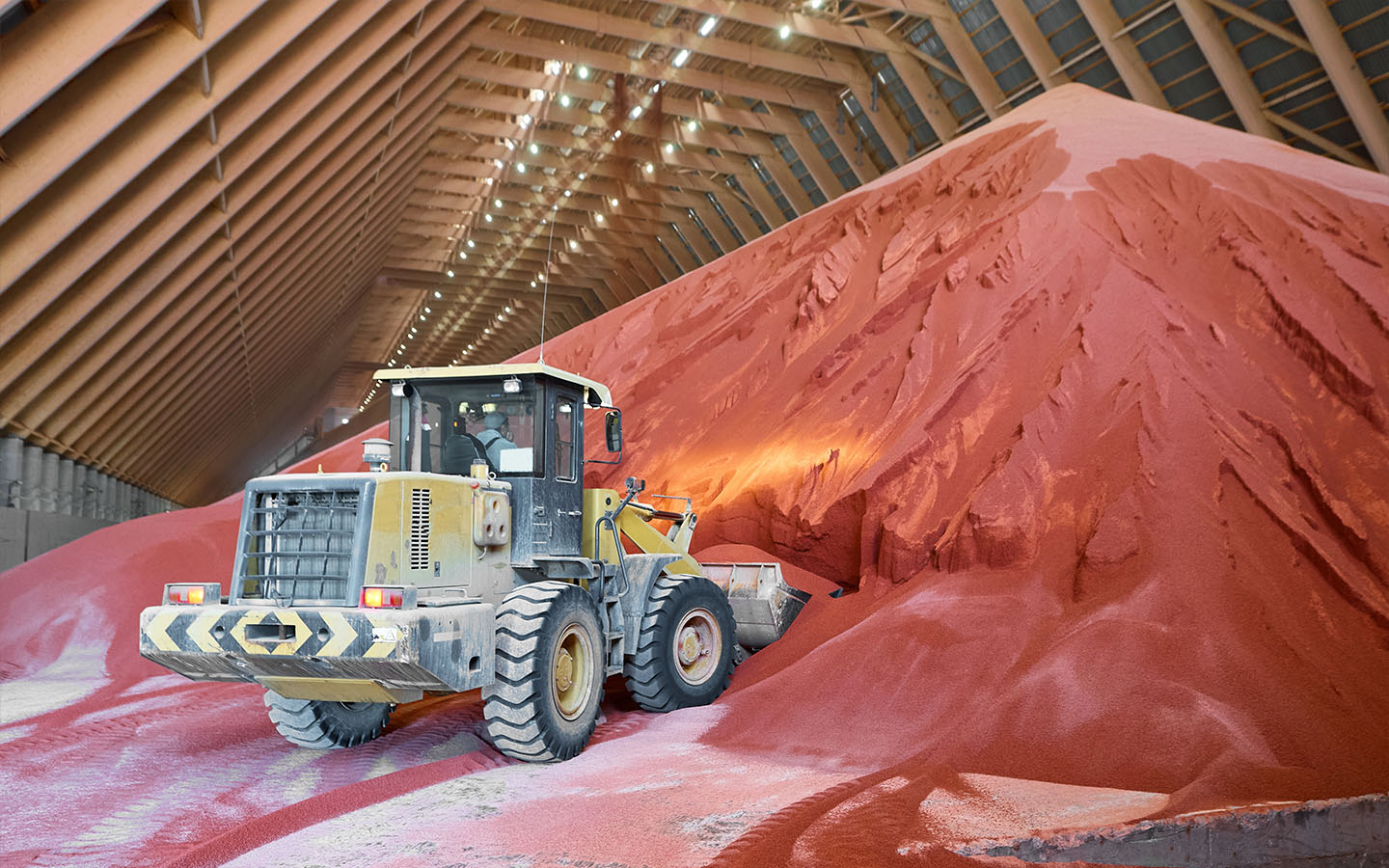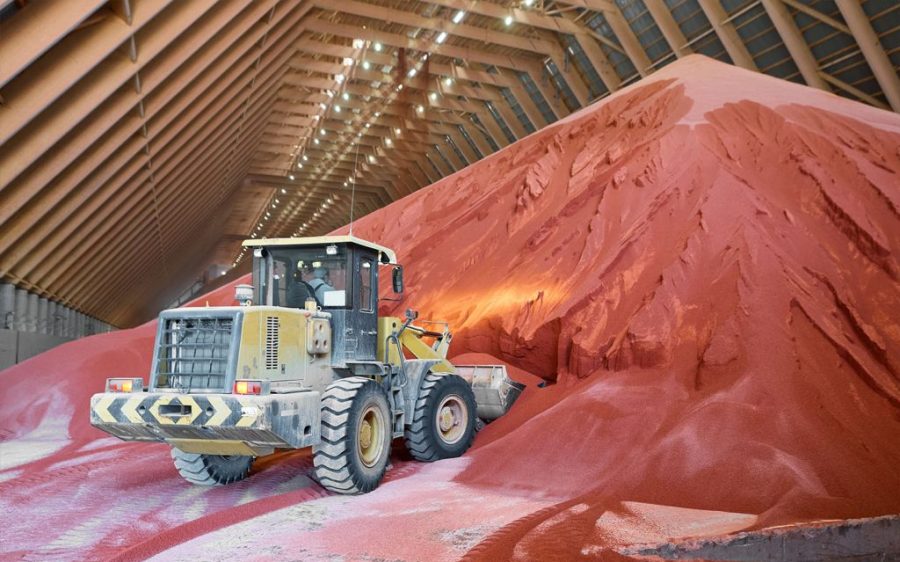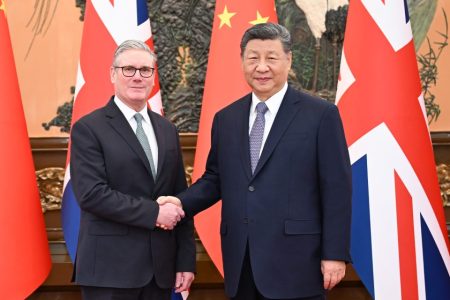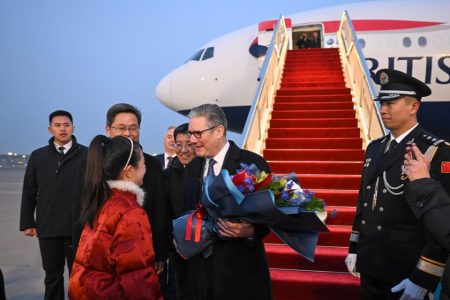The Ministry of Commerce has announced sweeping new export rules that tighten Beijing’s control over rare earth elements and dozens of related technologies, according to multiple media reports.
The move comes ahead of President Xi Jinping and US President Donald Trump’s scheduled meeting in South Korea later this month.
Beijing added five new elements to its control list: holmium, erbium, thulium, europium and ytterbium. The package also explicitly covers lithium batteries and some graphite forms, critical components in the global tech supply chain that are mainly produced in China.
Technologies related to the assembly, debugging, maintenance, repair and upgrading of relevant production lines are also being restricted.
[See more: China proposes global AI governance body to outflank Trump’s bid for tech dominance]
In addition, foreign companies exporting made-in-China rare earth minerals must now apply for dual-use item export permits from the government, with applications involving the production of high-end semiconductors assessed on a case-by-case basis. Chinese firms involved with rare earths, meanwhile, will need government permission to work with foreign companies.
Wang Dan, China director at risk consultancy Eurasia Group, said the restrictions would have “little impact on China’s production, but will deepen foreign dependence on Chinese know-how.”
She noted that rare earth access and controls were expected to be a “central bargaining point” at Xi and Trump’s upcoming trade talks. “The approach displays a new level of confidence and sophistication in using export controls as a geopolitical tool,” Wang said.
Magnets, made from rare earth elements, are a critical component in products ranging from smartphones to semiconductor chips. China controls around 90 percent of the global market.






